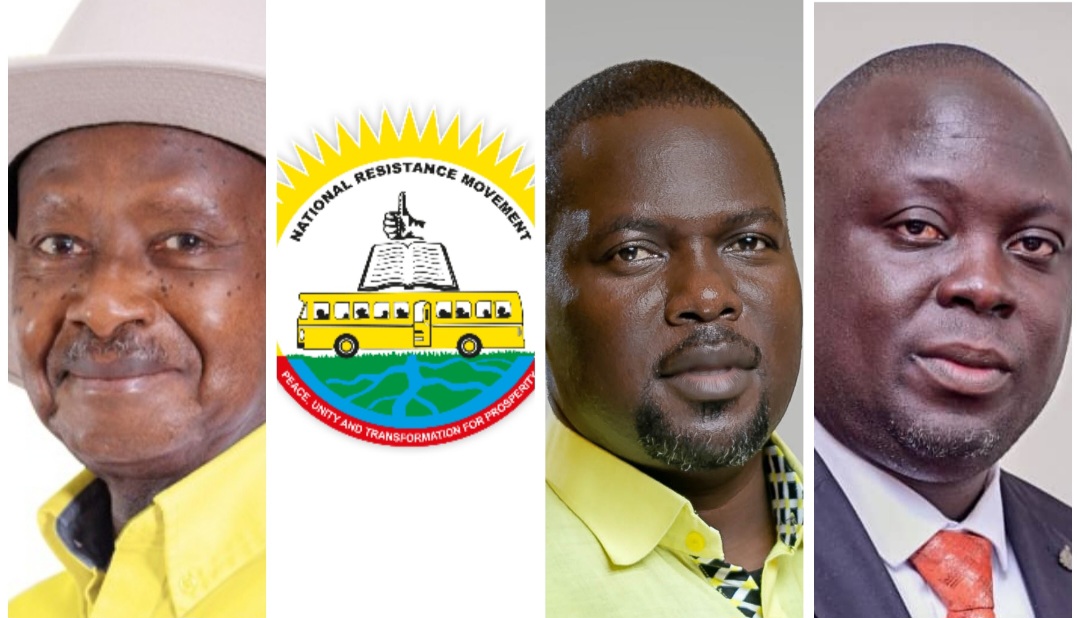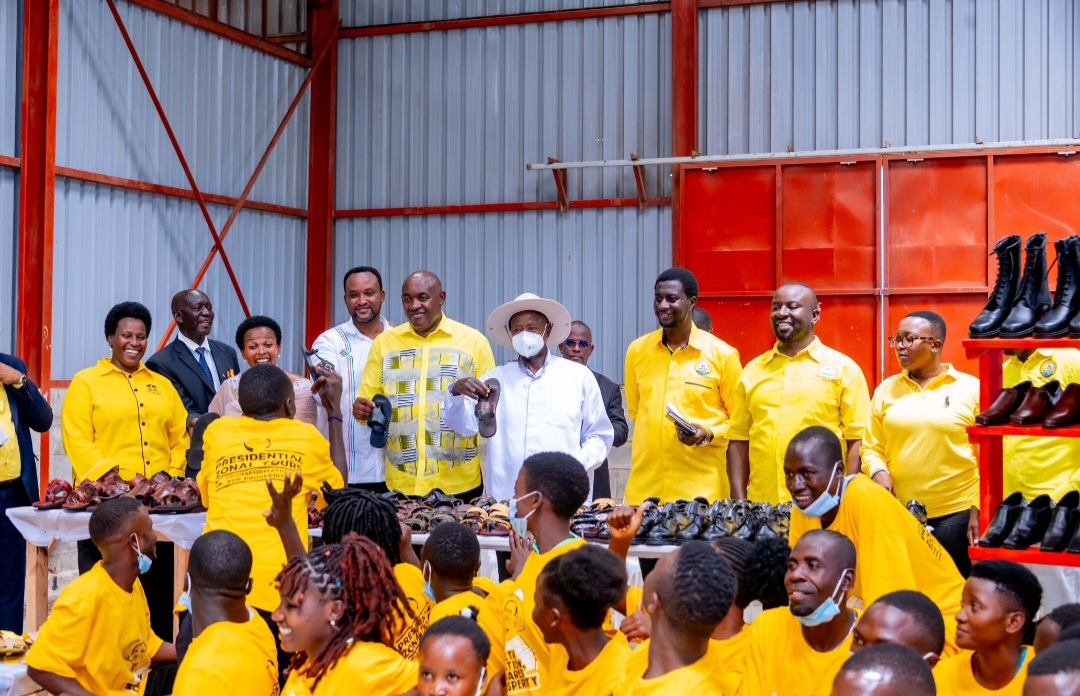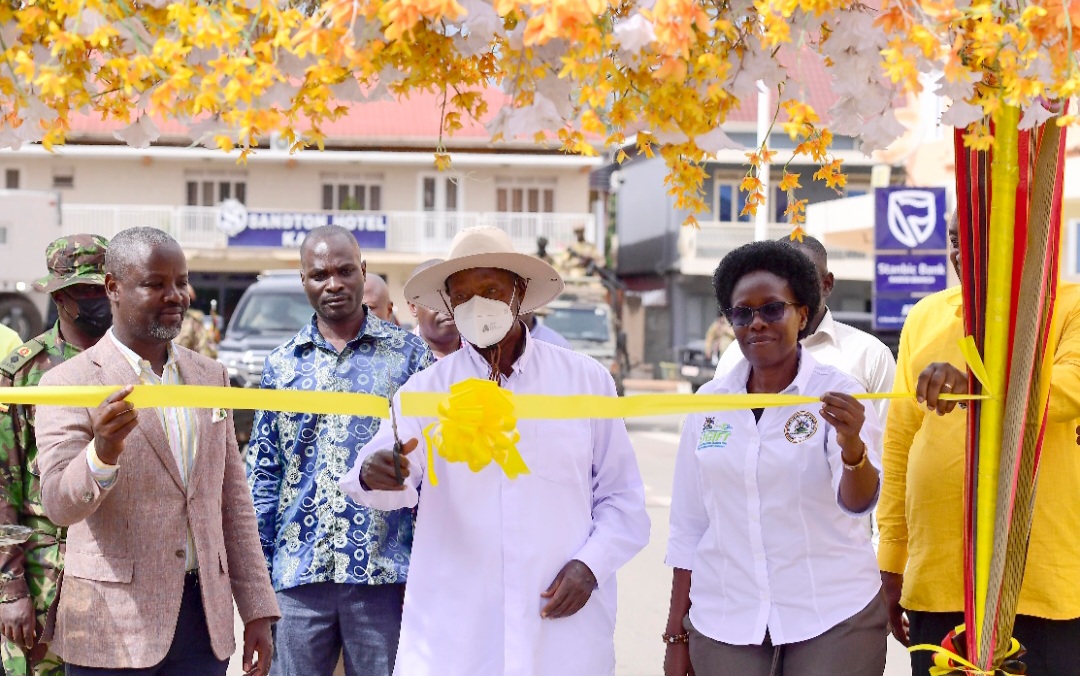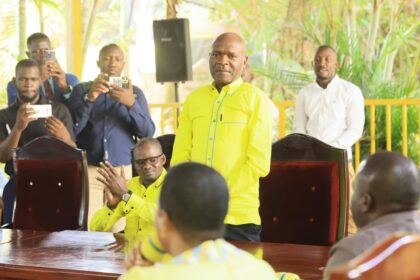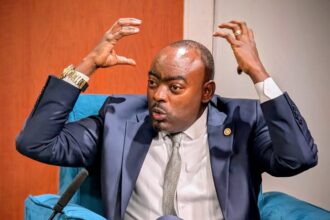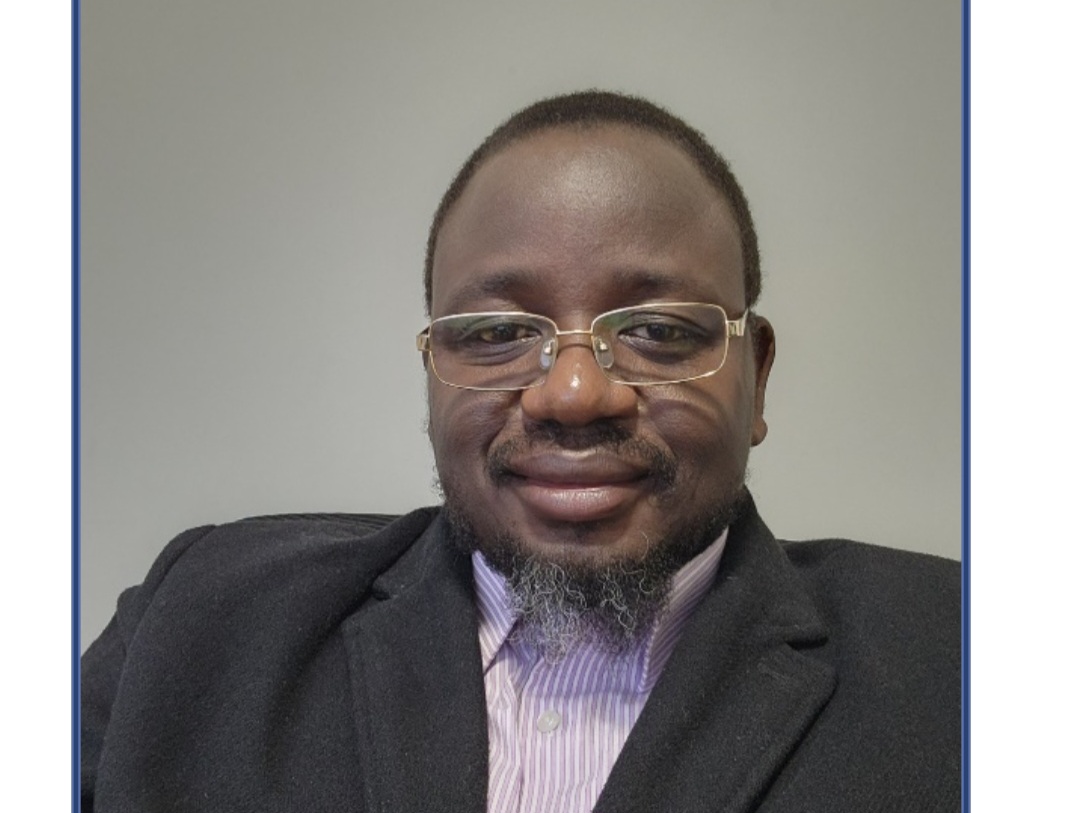Local Council I and II grassroots elections of the National Resistance Movement (NRM) are done. From the look of things, they were a highly competitive, even heated, affair. With the involvement of the party supremo and Head-Of-State, President Yoweri Museveni, the elections have had a strong bearing on the party’s and nation’s future.
I congratulate all those that participated- as voters, organisers, overseers, mobilisers, candidates and security teams.
These elections (and campaigns leading thereto) were largely peaceful. It portends well for the general elections, that is, if the planned interference by some sides isn’t firmly addressed. In a few isolated areas, there were acts of heated exchanges and scuffling among the voters, but not something unexpected in a situation involving many people with competing interests. While it was an NRM affair, it is possible that stray groups came in to attempt to take advantage.
Other trouble causers may have been party members who failed to participate in the register update exercise last year and who were not aware of their status but wanted to vote normally. When their names are found missing or mismatched, problems start there.
But elections are a process. Voting day is only the climax. Elections happen with a voters’ register which is prepared in advance, cleaned and certified. This is the roll from which voters’ names are read on voting day. For an organised party like NRM, when some members haven’t taken trouble to follow party activities and the accompanying timelines as announced by the Secretariat, it gives room to last minute scuffles. No need to name individual places where tense situations were noted because every time is a learning experience for the next.
In drumming up interest in the elections, we indicated that while grassroots elections rank lower in the hierarchy, in reality, its where real power lies. It is the foundation of authority and the supremacy of the masses. LCs live with and among the people and can take them any direction they so wish. LCs determine who becomes Member of Parliament, and even President.
That is why, for NRM bigwigs being part of this exercise and some contesting for positions even at LC 1 level is a shrewd move to gain and maintain touch with the multitudes. Vice President, Maj. (Rtd) Jesca Alupo, Speaker of Parliament, Anita Among, Minister of ICT and National Guidance, Dr. Chris Baryomunsi, are among those that successfully contested for seats on the party executives in their respective areas of origin. Seeking election at this level gives their areas of representation advantage in terms of vibrancy of the structures and the easy connectivity between the village level and the center.
President Museveni’s presence and observer role in Nshwerenkye, Rwakitura in Nyabushozi-Kiruhura district, gave the exercise the executive attention and importance it deserved and enacted an example of how orderly elections could be if all leaders came closer to the people and guided them on how to do the right thing. This is party of the process of further clarifying electoral democracy and strengthening the broad-base of the NRM. I don’t know how parties without grounded leaders who can mentor and command serenity by their presence will do it. NRM has its godfather keeping the ship steady even in tense times.
Only one party has structures all the way to the village/cell in every parish of every sub county in every county of all districts and cities in Uganda. That is NRM. By virtue of that reach, the leadership elected at the grassroots gives the ruling party a kick start of hundreds of thousands of votes ahead of 2026. When you add the members, if they could turn up strongly and vote, these elections are a statement of victory for 2026.
I think this is what is troubling NUP which is resorting to the so-called “protest vote”, an attempt to stem impending electoral defeat under the guise of boycotting the elections but in a destructive way-by spoiling ballot papers while pretending to vote, among other tricks. This is a premature act of “conceding” defeat but in bad faith after realising that the ground is immovable beyond a particular electoral enclave.
Nevertheless, I appeal to the different political parties to exercise democracy in its full, regal meaning by holding grassroots structure and primary elections. Things of sitting in Kampala and selecting flagbearers after pocketing inducements from “preferred” contenders is wrong and an abuse of the sanctity of the people’s mandate in choosing the leaders they want. Anybody expecting to change government without first building a well-grounded support base is naïve and dreaming.
NRM has relied on a strong foundation for its political life, which has expanded progressively into areas that were at first unresponsive such as Northern Uganda. This is a consequence of a policy of catering for all citizens equally and tailormaking programmes that leave no one behind.
The coming of the Parish Development Model (PDM), for instance, has equalised Ugandans. The initiative supports every previously economically isolated citizen in their localities in the 21 zones of the country.
PDM has added competitiveness to the LC Is and IIs, since that’s where decisions on beneficiary and enterprise selection are made. PDM is awakening Ugandans to the importance of choosing serious leaders at all levels and since NRM is championing PDM while the opponents show nothing in return, the party’s appeal has multiplied.
Up next, this month: on 16th, it will be Sub County elections; on 19th, municipality and city division elections and on 25th, elections for the party district leaders.
All disputes from the outcomes should be referred to the respective party tribunal for resolution.
The author is the Special Presidential Assistant-Press & Mobilisation/Deputy Spokesperson
Email: faruk.kirunda@statehouse.go.ug
0776980486/0783990861
Do you have a story in your community or an opinion to share with us: Email us at Submit an Article



